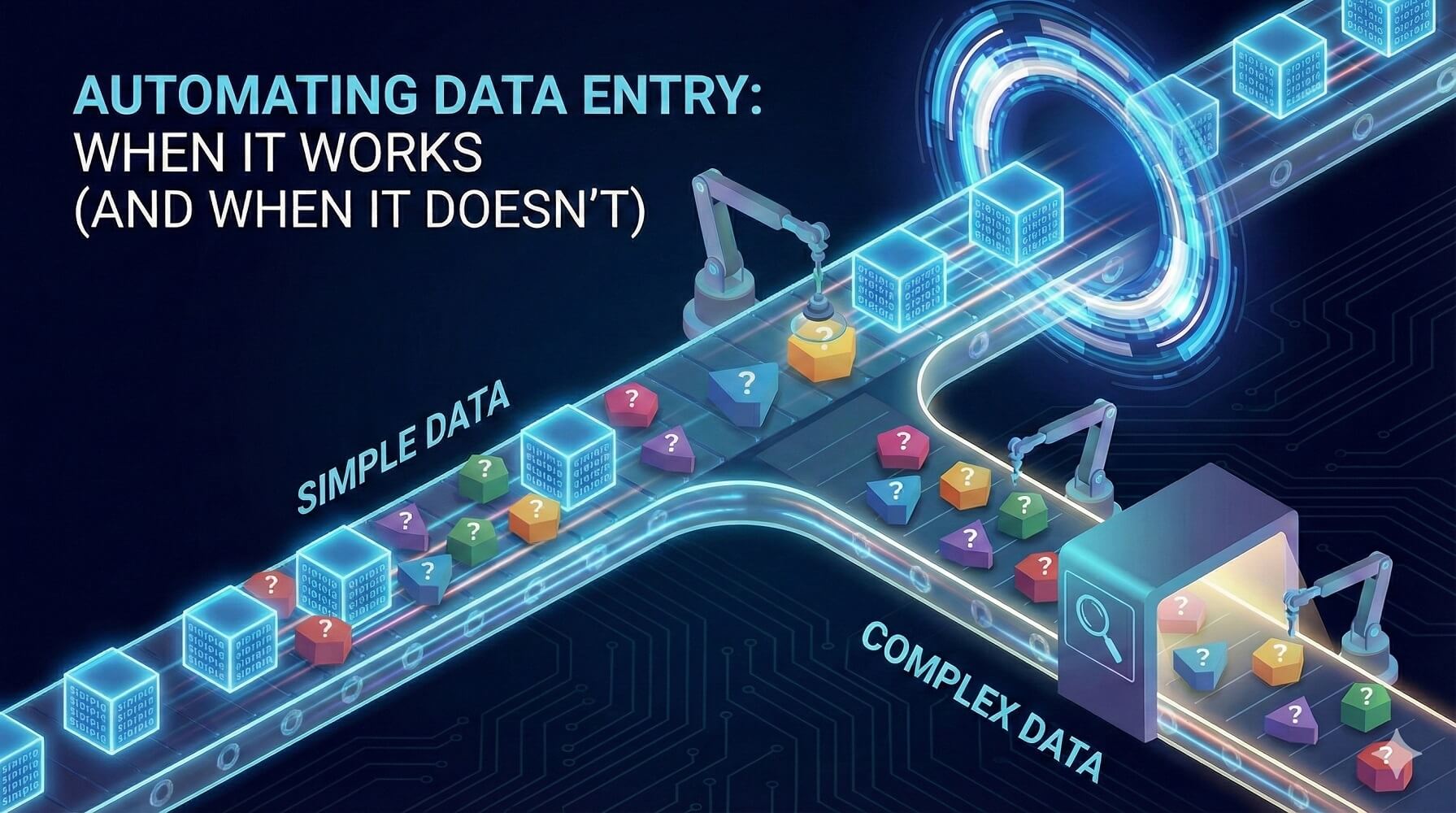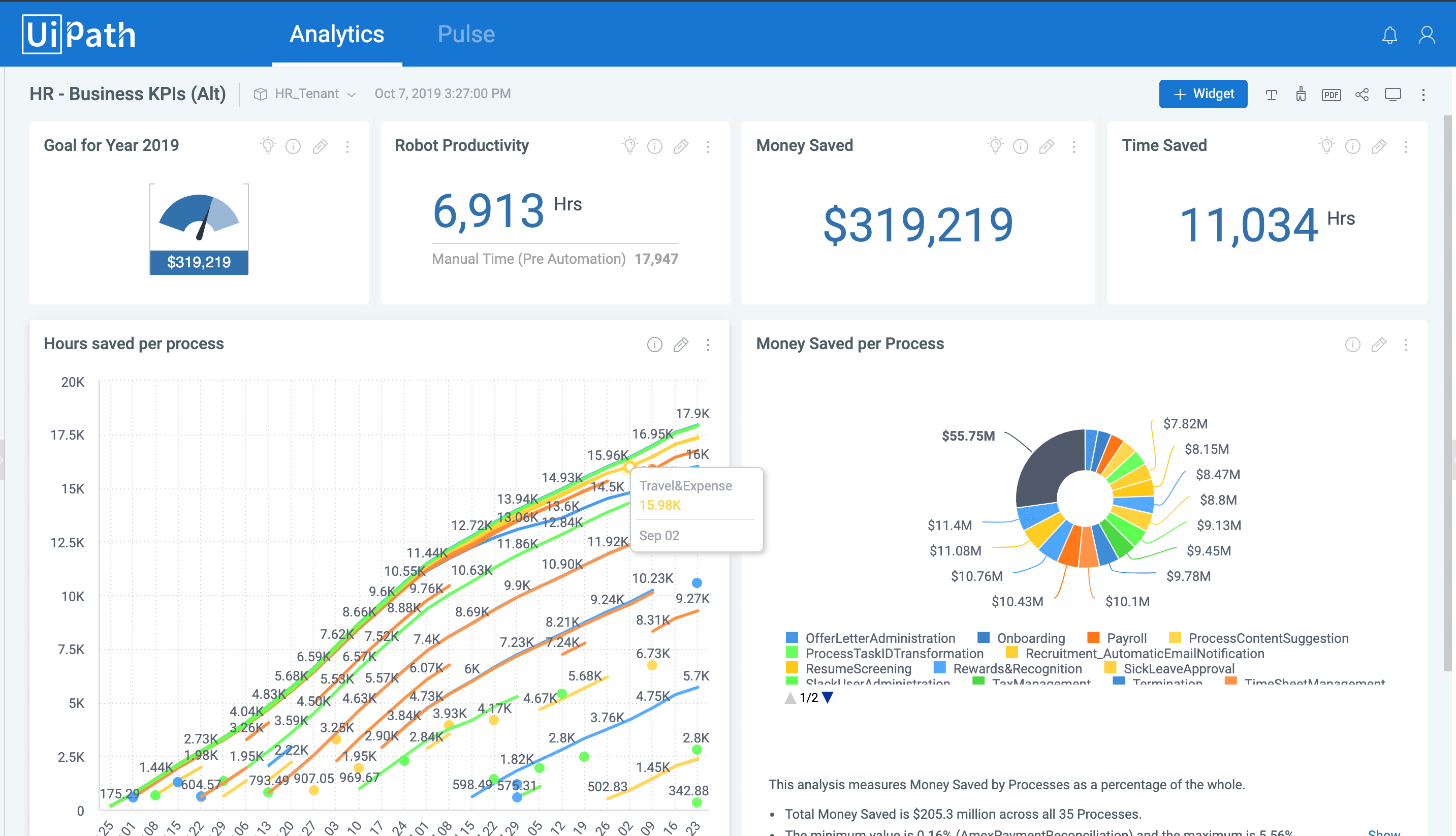Elevate your operations with automation and integrated business solutions
Integrated business solutions, enhanced with automation, offer a groundbreaking alternative to isolated software applications. It represents a strategic leap towards automating and refining business operations, ensuring a seamless interaction of systems with minimal manual effort.

Imagine Amy, a dedicated entrepreneur who once wrestled with balancing her business’s accounting, operations, and sales through three disconnected software systems.
Like many business owners, she faced inefficiencies and mistakes, leading to prolonged hours at the office.
Yet, the emergence of integrated business solutions, empowered by automation, presents a promising paradigm shift. These solutions merge critical software into a cohesive system while automating key processes, dramatically improving efficiency while also reducing stress.

The Complications of Disconnected Systems
Independent, disconnected systems can severely hamper a growing business.
The challenges Amy and countless others face include isolated data silos, double entry of data, errors, and a lack of timely information for quick decision-making.
These issues can result in productivity losses, poor decisions, and a decline in employee morale, signaling a dire need for an advanced, automated solution.
The Power of Integrated Business Solutions
Integrated business solutions, enhanced with automation, offer a groundbreaking alternative to isolated software applications.
Picture a workspace where Amy’s accounting and sales data are synchronized automatically, or inventory levels are communicated to the purchasing team without human intervention.
This vision is not merely about convenience; it represents a strategic leap towards automating and refining business operations, ensuring a seamless interaction of systems with minimal manual effort.
Universal Applicability
One of the most compelling aspects of integrated business solutions is their wide-ranging applicability.
Whether a business operates on legacy systems or the forefront of technology, these solutions can bridge gaps without the need to dismantle existing infrastructure. Their flexibility and adaptability make automated solutions an excellent fit across various business models.

Tailored for Efficiency
Unlike one-size-fits-all solutions, integrated business solutions with automation are precisely tailored to fit unique business processes.
Consider a transport company that has automated the link between its logistical operations and finance systems, leading to immediate billing post-shipment, improving cash flow.
Similarly, a manufacturing company that automated coordination between production and supply chain operations experienced reduced downtime and enhanced efficiency.
The Benefits of Integration and Automation
Entrepreneurs such as Amy can enjoy an array of benefits from adopting integrated solutions with automation. Key advantages include:
- Improved Efficiency: Automation streamlines tasks, reducing time spent on repetitive tasks.
- Precise Data Management: Integrated systems ensure accurate data across all business aspects, minimizing errors.
- Increased Employee Satisfaction: Reduces manual workload, leading to a happier workplace environment.
- Better Decision Making: Accurate, timely data enables well-informed decisions.
- Flexibility and Scalability: Solutions can be adapted to any business model, supporting growth.
- Reduced Downtime: Automated coordination between different operations minimizes delays.
- Enhanced Cash Flow: Immediate billing and other financial operations improve liquidity.
Making the Transition to Integration and Automation
Adopting new technologies can initially appear daunting, given concerns about complexity, cost, and potential disruption. However, transitioning to integrated solutions with automation is often smoother than expected.
Expert consultants and service providers are invaluable in guiding businesses through this change, offering structured approaches that limit disruption and maximize the immediate benefits of automation.

Unlocking Potential for SMEs through Automation and Integration
The advantages of automation and integration are not reserved solely for large corporations. Small and medium-sized enterprises (SMEs) stand to gain significantly, achieving the scalability and flexibility necessary for growth.
Beginning with simple automated integrations, such as syncing customer data across platforms, can pave the way for more sophisticated integration projects that foster enhanced operational efficiency and expansion.
Conclusion
Integrated business solutions, empowered by automation, have the transformative capacity to revolutionize businesses of all sizes, including those like Amy’s. These solutions enable businesses to enhance efficiency, scalability, and competitive advantage, regardless of their size.
Embracing automated innovations allows for a reimagining of workspaces into more productive and fulfilling environments.









